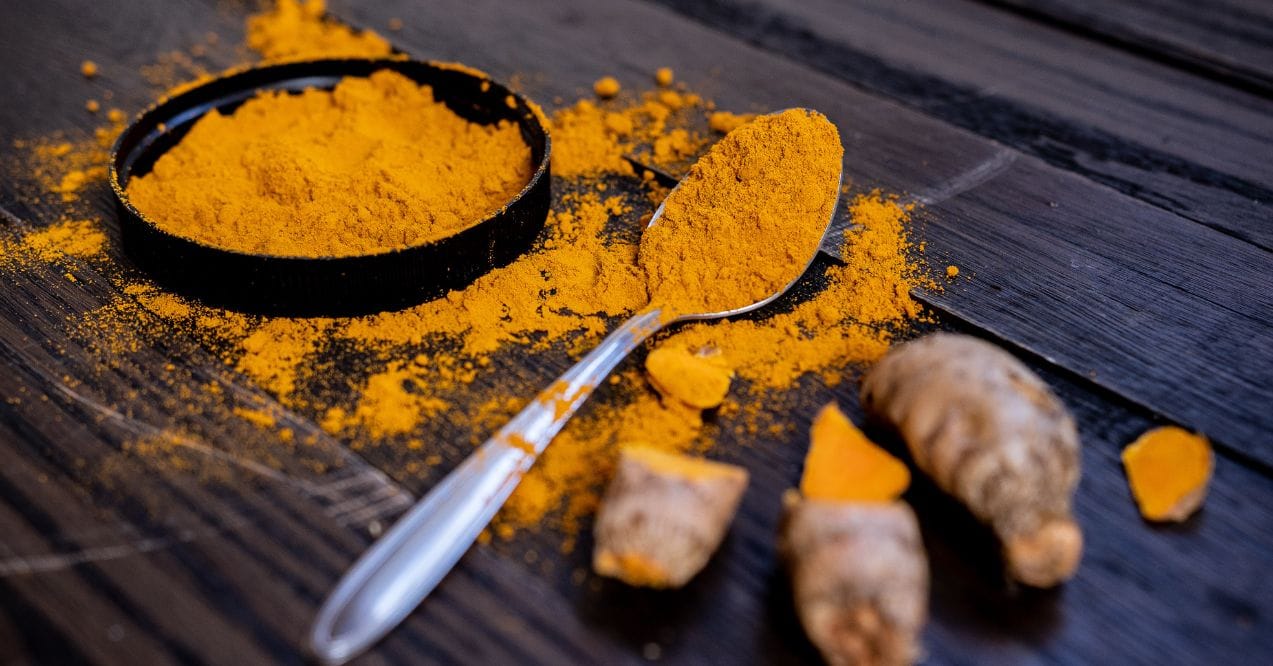Does Berberine Lower Blood Pressure?
Medically reviewed by our experts


Does berberine lower blood pressure? This question gains attention among individuals managing metabolic conditions like type 2 diabetes or polycystic ovary syndrome. Berberine is a plant-based compound used in supplements for its potential effects on glucose metabolism and cardiovascular function. Growing interest surrounds its ability to influence blood pressure, with preliminary research offering early insights.
Key Article Findings
- Berberine may modestly lower blood pressure through vasodilation and improved cellular energy metabolism
- Preliminary clinical trials suggest potential benefits for people with metabolic syndrome or type 2 diabetes
- Blood pressure reductions appear more pronounced at higher doses and when combined with lifestyle modifications
- Healthcare provider consultation remains essential due to possible side effects and interactions with other compounds
How Does Berberine Affect Blood Pressure?
Berberine potentially influences blood pressure through several biological pathways that work at the cellular level. Research has identified multiple mechanisms that may contribute to its effects. These pathways help explain why berberine shows promise in cardiovascular wellness.
- Vasodilation – Promotes relaxation of vascular smooth muscle, allowing blood vessels to widen naturally
- Nitric oxide production – Supports the creation of this signaling molecule that helps arteries maintain flexibility
- Oxidative stress reduction – May lower inflammatory markers within blood vessel walls
- Cellular energy optimization – Activates activated protein kinase, which influences how cells process glucose
- Metabolic support – Improves how cells respond to glucose, potentially reducing metabolic stress
Studies involving participants with type 2 diabetes have shown these interconnected effects. Clinical trials have documented these multi-pathway benefits, though results vary among individuals. The compound appears to work through complementary actions rather than a single mechanism.

What Does the Research Say?
Current scientific evidence on berberine’s blood pressure effects comes from both animal studies and human trials. Results suggest modest but consistent reductions across multiple research papers. The evidence base continues to grow as more studies examine berberine’s cardiovascular potential.
Research reviews indicate typical outcomes:
- Systolic pressure may decrease by 5-12 mmHg over 8-12 weeks
- Diastolic pressure may drop by 3-8 mmHg during the same timeframe
- Effects appear stronger in people with metabolic syndrome
- Higher doses within safe ranges show more pronounced results
Dosage variations across studies range from 900 mg to 1,500 mg daily. These amounts are typically divided into two or three doses with meals. Study limitations include relatively small participant numbers and short duration periods.
Combining Berberine with Other Supplements
Combining berberine with complementary compounds may amplify its effects on cardiovascular health markers. Many people explore combination approaches for broader metabolic support. However, such strategies require careful planning and professional guidance.
Promising combinations include:
- Red yeast rice – Research suggests this pairing may work synergistically for lipid and pressure support
- Omega-3 fatty acids – May complement berberine’s effects on blood vessel flexibility
- Magnesium – Supports vascular smooth muscle relaxation and cellular energy production
- DASH diet approach – Lifestyle modifications that work alongside supplementation
Some individuals explore berberine benefits as part of comprehensive wellness strategies. Taking multiple compounds that influence blood pressure simultaneously could lead to excessive reductions. This may cause dizziness or fatigue. Working with a healthcare provider helps establish appropriate dosing schedules and monitoring protocols for combination approaches.
Who Might Benefit Most from Berberine for Blood Pressure?
Certain populations may experience more noticeable effects from berberine supplementation. Identifying which groups show the strongest responses helps set realistic expectations. Research has identified several profiles that align well with berberine use.
Groups that may benefit:
- People with metabolic syndrome (elevated waist circumference, lipid imbalances, elevated glucose levels, higher blood pressure)
- Individuals managing type 2 diabetes who also have elevated pressure readings
- Those with polycystic ovary syndrome experiencing metabolic concerns
- People seeking natural adjuncts to lifestyle modifications
- Individuals already following dietary changes and regular physical activity
Berberine should not serve as a first-line approach for managing high blood pressure. Instead, it may support overall cardiovascular wellness as part of a broader strategy. Anyone considering blood sugar control supplements should evaluate their specific health profile with a qualified healthcare provider.
Side Effects and Safety Considerations
Berberine supplementation comes with several side effects that users should anticipate. Knowing potential reactions helps with proper planning and monitoring. Most effects are manageable when starting with appropriate doses.
Common side effects
- Digestive discomfort (nausea, cramping)
- Changes in bowel movements
- Temporary stomach upset during initial weeks
- Possible fatigue or lightheadedness
- Risk of excessive blood pressure drops when combined with other supplements
Interactions with compounds that already lower blood pressure deserve careful attention. Taking berberine alongside other cardiovascular support supplements could lead to drops that cause dizziness or weakness. Home monitoring becomes essential when combining multiple approaches.
Dosing considerations
- Start with 500 mg once or twice daily
- Assess tolerance before increasing
- Avoid exceeding 1,500 mg daily without guidance
- Take with meals to minimize digestive effects
Some research indicates berberine affects liver enzyme systems that process various compounds. This makes regular check-ins with healthcare providers important, especially for individuals taking multiple daily supplements.
Conclusion
Does berberine lower blood pressure? Evidence suggests it may produce modest reductions in individuals managing metabolic concerns. Berberine functions best as a complementary strategy rather than a primary intervention. If you’re considering berberine to support cardiovascular health, consult your healthcare provider.
No, berberine should not replace prescribed pharmaceutical interventions for high blood pressure. Research shows berberine may produce modest reductions but lacks the consistent, powerful effects of standard cardiovascular therapies. Use berberine only as a complementary approach under healthcare supervision, never as a substitute for established treatment protocols.
Clinical trials typically use 900-1,500 mg daily, divided into two or three doses with meals. Starting with 500 mg twice daily allows tolerance assessment before increasing. Effects on blood pressure appear most consistent at 1,200-1,500 mg daily, though individual responses vary. Always consult a healthcare provider before starting supplementation.
Berberine may interact with various cardiovascular compounds through multiple mechanisms. It can amplify the effects of blood pressure-lowering agents, potentially causing excessive reductions. Berberine also affects liver enzymes that process many compounds. Healthcare provider guidance is essential before combining berberine with any cardiovascular support regimen.
Common side effects include digestive discomfort, nausea, cramping, and altered bowel patterns. Some individuals experience fatigue or lightheadedness, particularly when combining berberine with other pressure-lowering compounds. Starting with lower doses minimizes these effects. Discontinue use and consult a healthcare provider if severe reactions occur or side effects persist.
Suadoni, M. T., & Atherton, I. (2020). Berberine for the treatment of hypertension: A systematic review. Complementary Therapies in Clinical Practice, 42, 101287.
Xia, L., & Luo, M. (2015). Study progress of berberine for treating cardiovascular disease. Chronic Diseases and Translational Medicine, 1(4), 231–235.
Ma, Y., Et Al. (2017). Berberine reduced blood pressure and improved vasodilation in diabetic rats. Journal of Molecular Endocrinology, 59(3), 191–204.
Liu, D., Et Al. (2025). Efficacy and safety of berberine on the components of metabolic syndrome: a systematic review andmeta-analysis of randomized placebo-controlled trials. Frontiers in Pharmacology, 16.
Koppen, L. M., Et Al. (2017). Efficacy of berberine alone and in combination for the treatment of hyperlipidemia: a systematic review. Journal of Evidence-Based Complementary & Alternative Medicine, 22(4), 956–968.
Clinic, C. (2025). Berberine: What it is, benefits and side effects. Cleveland Clinic.
Popular Articles
Advertisement. This site offers health, wellness, fitness and nutritional information and is designed for educational purposes only. You should not rely on this information as a substitute for, nor does it replace, professional medical advice, diagnosis, or treatment. If you have any concerns or questions about your health, you should always consult with a physician or other health-care professional. Do not disregard, avoid or delay obtaining medical or health related advice from your health-care professional because of something you may have read on this site. The use of any information provided on this site is solely at your own risk.









